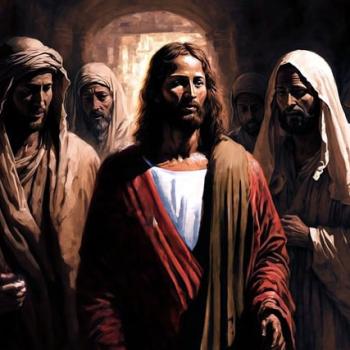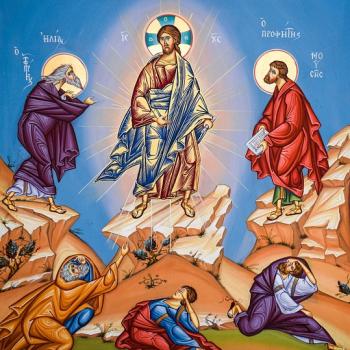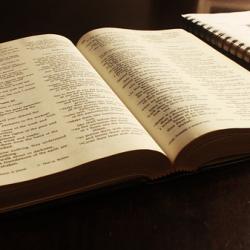Theological virtues are those virtues that are infused into the soul by God. Among the theological virtues is faith. This fact raises a question. If faith is a product of God’s Grace, can it be rejected? Said differently, if God has disposed the soul to faith, do we really have free will when it comes to belief? This question involves not only the existence of God but also those things that the Catholic Church teaches. To address this question, it... Read more





















